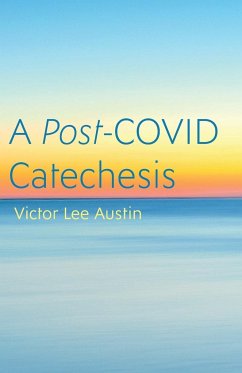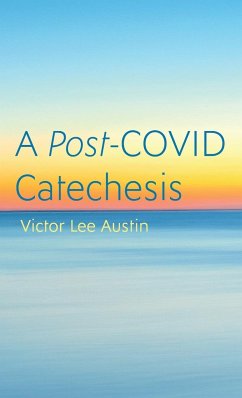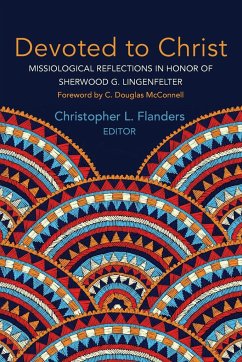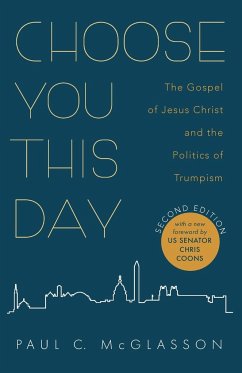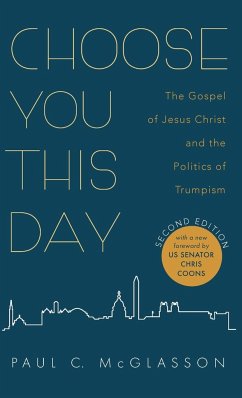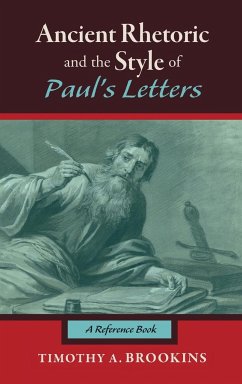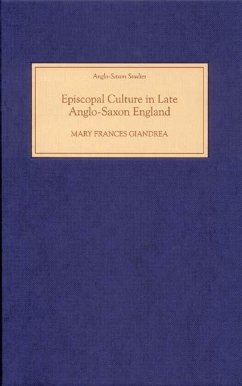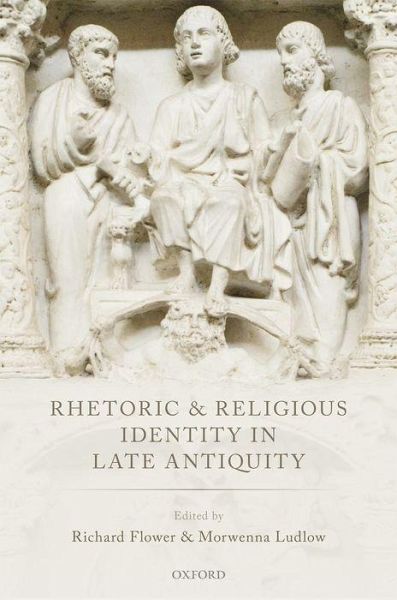
Ludlow Flower
Gebundenes Buch
RHETORIC & RELIG IDENT IN LATE ANT C
Versandkostenfrei!
Versandfertig in 1-2 Wochen

PAYBACK Punkte
60 °P sammeln!




RHETORIC & RELIG IDENT IN LATE ANT C
Prof Richard Flower studied for his BA, MPhil and PhD in Classics at Clare College, Cambridge, and has worked at the Universities of Cambridge, Sheffield and Exeter. He specialises in the construction of imperial and ecclesiastical authority, particularly in late-antique polemical literature and heresiology. His publications include Emperors and Bishops in Late Roman Invective (Cambridge, 2013) and Imperial Invectives against Constantius II (Liverpool, 2016), and he is also editing The Cambridge Companion to Christian Heresy. Prof Morwenna Ludlow studied Classics and then Theology at the University of Oxford. She has written widely on Gregory of Nyssa. Her latest book, Art, Craft and Theology in Fourth Century Greek Authors (also published by OUP) examines the use of literary and rhetorical tropes by Christian authors and argues that they interpret themselves as both theologians and craftsmen with words.
Produktdetails
- Verlag: ACADEMIC
- Seitenzahl: 300
- Erscheinungstermin: 31. August 2020
- Englisch
- Abmessung: 240mm x 161mm x 21mm
- Gewicht: 617g
- ISBN-13: 9780198813194
- ISBN-10: 0198813198
- Artikelnr.: 59758655
Herstellerkennzeichnung
Libri GmbH
Europaallee 1
36244 Bad Hersfeld
gpsr@libri.de
Für dieses Produkt wurde noch keine Bewertung abgegeben. Wir würden uns sehr freuen, wenn du die erste Bewertung schreibst!
Eine Bewertung schreiben
Eine Bewertung schreiben
Andere Kunden interessierten sich für


